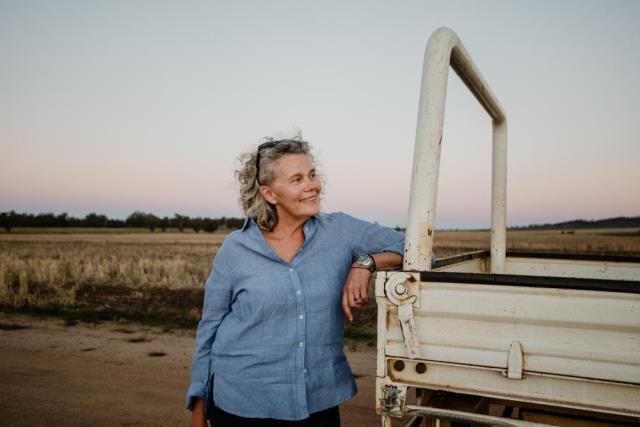THE National Farmers’ Federation (NFF) wants to see the Federal Government deliver on its pre-election commitment for sustainable, long-term biosecurity funding in the Budget to be handed down on October 25.
NFF president Fiona Simson said the 43 recommendations in the peak farming body’s Pre-Budget Submission were built around its 2030 Roadmap and high on the list was the missing link in Australia’s defence against looming and existing biosecurity threats like Foot and Mouth Disease, Lumpy Skin Disease and Varroa Mite.
“This was a pre-election commitment and the National Biosecurity Strategy has delivered the vision and the framework to resource our biosecurity system now and into the future,” Ms Simson said.
“Recent discussions between the NFF and the government on biosecurity funding have been positive and the Budget is the time to follow through, we can’t wait any longer.”
After attending the Jobs and Skills Summit, Ms Simson said there was more work to be done, even after agriculture’s worker crisis had been brought to national leaders’ attention,
“There are about 85,000 farm businesses in Australia and a most of them are run by families who are under increasing pressure for want of workers,” she said.
“It’s a problem choking production, which is being felt from the paddock right through the supply chain, and ultimately Australians are paying more at the checkout.
“This Budget is the chance to ease this pressure, and our submission includes practical solutions, including increasing training opportunities to upskill workers and reflect the dynamic changes in an industry embracing technology.”
Keeping pace with climate change and environmental pressures were also key in the NFF’s submission.
Ms Simson said promoting the sustainability of Australian agriculture, with a focus on the natural environment, were critical to agriculture’s future and the NFF is committed to working with the government to develop opportunities to value natural capital inside the farm gate.
She also said the time is right to put serious dollars behind these solutions and turbocharge regional Australia’s productivity.
“Securing our biosecurity, our natural environment and our workforce is critical if we’re to reach our goal of being Australia’s next $100 billion industry by 2030,” she said.
“The transition to net-zero will disproportionately impact regional and rural Australia both in terms of opportunities and challenges, and there is a central role for government to make the most of this transition.
“We understand many of the funds established to help rural and regional Australia through this transition are being earmarked for the chopping block.”
Ms Simson said she hoped there were alternate plans to help with the transition, as opposed to leaving communities with all the costs for the transition.








